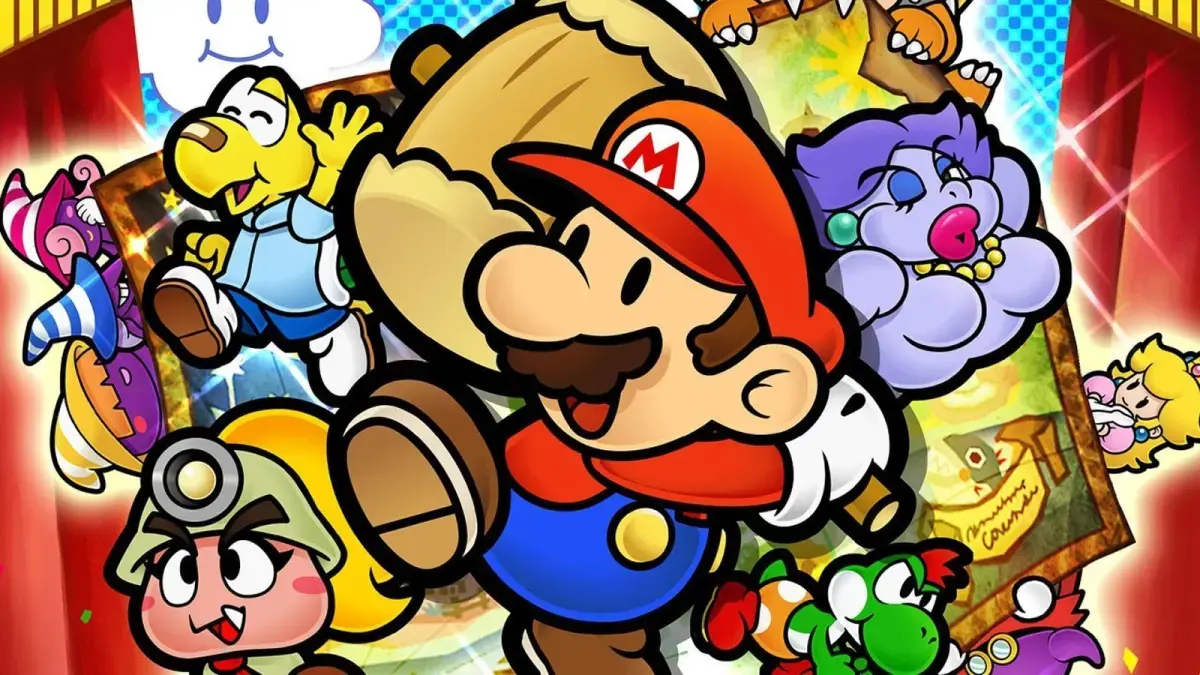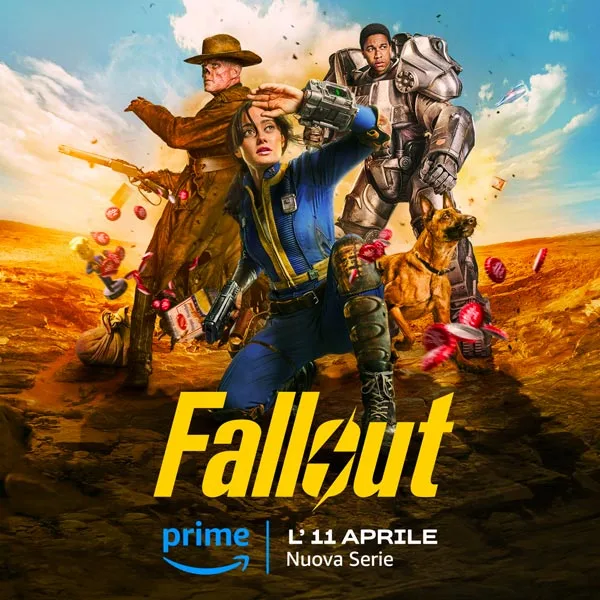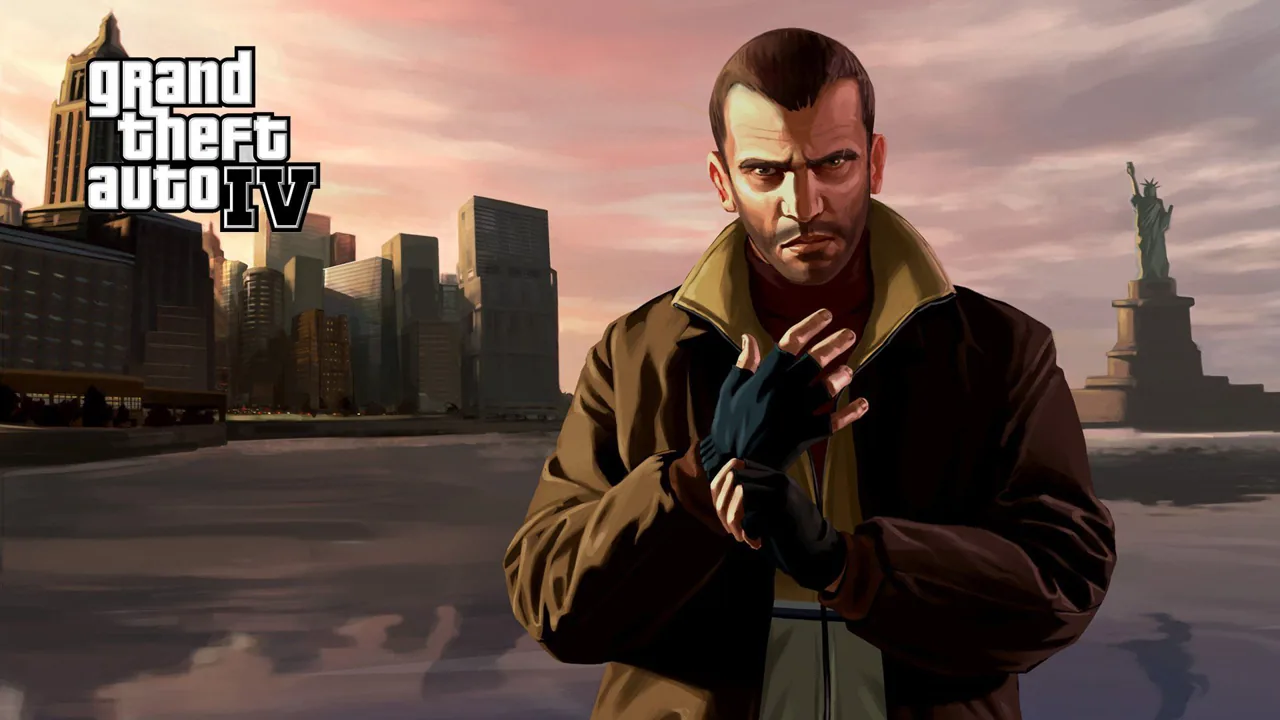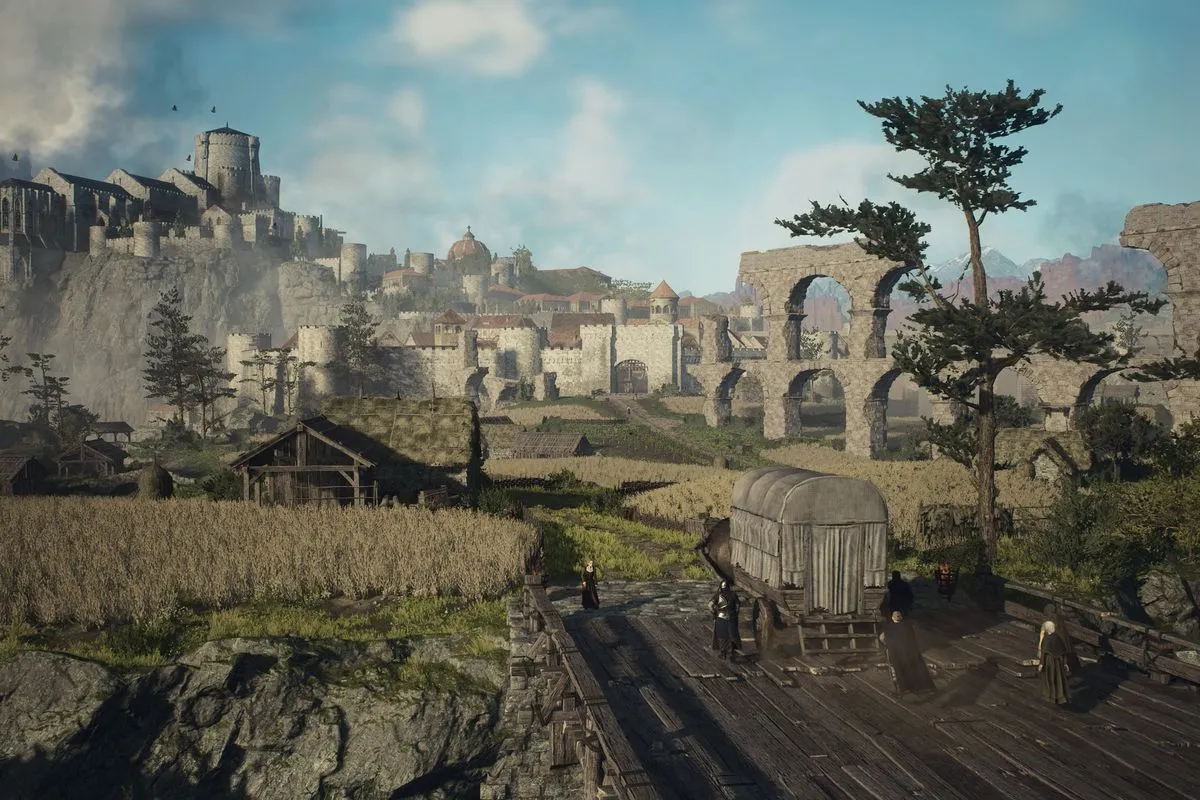Jake Song : Intervista al mito coreano
I had the opportunity to interview a living legend. It’s not a thing that every day can happen. For an old MMO fan like me, it was a pleasure to listen to Mr. Jake Song point of view, one of the men that made the modern concept of MMO (maybe the first?), about technologies, future, XL Games, virtual worlds and, obviously … MMOs.
GS: What do you think about the actual MMO panorama, talking about the whole market, not only the korean one?
With the huge success of World of Warcraft, there seems to be a growing interest in MMOs, especially from the publishers and developers in the west. Whereas, this happened much earlier in the east with Lineage.
I think the MMO genre is still in its early stages, past its infancy but still not quite mature in terms of its context, the technologies, the game designs, the grammar of the genre and also the market conditions. There still seems to be a lot of room for experimenting with new ideas. For example, MMO is not limited to RPG anymore. There are MMOs that are FPS, action oriented, side-scrolling and others. So I see a very bright future for MMO.
GS: f2p is now very popular also in the west, due to an improvement in MMO quality, with products like Runes of Magic or Atlantica Online. Is it the end of any subscription methods for Europe and America or Korean market will remain the first for f2p also in the future?
I do not think subscription based MMOs will disappear, in fact, I think they will continue to grow. And f2p in MMOs is nothing new, although it has been catching on recently in the west. The f2p business model continues to evolve and I think that market will grow at an even faster pace. As the MMO genre broadens, the business models will also evolve together and they will be more variations tailored to fit each game and its market.

GS: Talking about Lineage, what’s the secret of his evergreen success ?
When it was launched, it was revolutionary and there weren’t any competition. The graphic quality, at the time, was superb and the game play was excellent, people who had never played any kind of game before were able to have fun right away, and the gamers were able to build strong communities which exists even until today. I guess one of the secrets of this prolonged life is in the communities.
GS: Could you talk about XL Games company, staff previous experiences and and his actual aims?
Our staff consists of pioneers of MMORPG both in development as well as business. CEO, thats me, created ‘Kingdom of the Winds’ and ‘Lineage’. ‘Lineage’ art director Min Soo Kim is with us. So is Suk Woo Choi, who was in charge of the game business at NCsoft. Our programming team head , Woo Jeong Gil, was responsible for the billing system at NCsoft. Most of our core members are from NCsoft.
We want to push the limits of MMORPG and it is our goal to make such a product. Of course, commercial success is also an important part of this.
GS: What about XL Racer (Or XL1) ? I lost tracks about it ..
Currently XL Racer service is discontinued. The project was a challenge in an unfamiliar genre and we have learned a lot from the experience. We are currently focused on our core competence, which is MMO, but we will take that challenge again later when we can.
GS: Could you talk about Project X2? Please, give us some details about this MMO (maybe about Children of the Rune) ..
For ‘X2’, I am pursuing a quintessential MMORPG.
I want to create a dynamic world that changes as consequences of my actions as opposed to a static world that does not change no matter what I do. Because it is still under development, I am sorry I cannot give specific details about the features of the project at the moment.
We are also working together with Korea’s top fantasy novelist, Min Hee Jun, on the original story for X2. She is also famous in Asia with a lot of fans in Japan, Taiwan, etc. One of her major novels is ‘Children of the Rune’.
GS: Lineage II and now Aion : What do you think about the evolution of korean-style MMOs?
In the beginning, Korea did not really have any kind RPG base, table top RPG or Computer RPG. ‘Lineage’ was the game that practically created the RPG market in Korea. But with ‘Lineage II’ and ‘AION’ more and more RPG style story-telling and other RPG elements have come about. At the same time Korean MMOs still have the kind of freedom that Lineage created, where you do not have to follow the script or forced to play within certain artificial boundaries.
GS: Kingdom of the Winds: Do you have any anecdotes to tell us about his develop? And why many actual MMOs haven’t so many original features like the old ones like KotW or Ultima?
When I first decided to make ‘Kingdom of the Winds’ and told people that I was going to create a graphic MUD game, everyone told me that it couldn’t be done. They said it would be impossible to create a graphical online game in a multiplayer environment that worked well with the speed of modems. I did it anyway and it worked!
I started coding on Jan. 1, 1995 and on Dec. 31 1995, I was curious how many lines of code I had written. It was 30,000 lines of code.
I was having problems with a bug in a program, which was written in Assembly, that kept on losing characters, about one out of ten characters, that were coming from the modems. One day Hee Sang Lee, a genius programmer who is currently the COO of NCsoft, came by and I asked him to take a look at it. He fixed it in a couple of days.
For the games from the early days of MMO, like ‘Kingdom of the Winds’ and ‘Ultima Online’ since it was the beginning and there were no predecessors you had to think of new ideas and try to realize it. But as it grew into an industry and more and more people became involved it looks like the developers felt a bigger burden and felt it became riskier to put in or try new ideas. Although not quite mature yet, as this genre has been around for a while now, the speed at which new ideas are coming out is getting slower and slower and the development community learns and takes feedback from existing successful games such as Lineage, WoW and Aion.
But of course, I want to pursue a challenging course.

GS: MMOs now tend in many case to include many aspects of social networking. And many times virtual worlds like Metaplace or Multiverse include MMOs or MMOs elements. Do you think that these two “entertainment universes” (MMO and social networking) have to mix together in the future or not?
Of course, they will go in the direction where they will mix together. I think there will be a ‘Matrix’ like world in the future. Except for the dark part where machines dominate humans. In terms of technology, it will be a game as well as a virtual world and a virtual world as well as a game. I think all the development is ultimately headed in that direction. I think that’s the dream.
I don’t think it will be such a dismal future as a lot of novels or movies like to paint it. The advance in technology will allow people to experience different lives. People will be able to relieve stress and fulfil desires by experiencing things in the virtual world that are not possible in the real world in a very elaborate and sophisticated manner. I think it will also have a positive impact on the real world. Sort of like the American TV drama from the 80s, ‘Fantasy Island’.
GS: What will be the key features for next-gen MMO?
Stronger world interaction (for example, physics engine)
Stronger communities.
More in-depth storytelling.
Excellent graphics.
Thx very much to Mr. Song for the interview.
,
Intervistare una leggenda vivente non capita tutti i giorni. Per un appassionato di MMO come il sottoscritto, nato nutrendosi di pane e MUD, avere la possibilità di parlare con la persona che probabilmente ha inventato il genere è una sensazione molto forte. Mr. Jake Song, il creatore di Lineage, ci espone il suo punto di vista sull’attuale situazione MMO e del suo futuro imminente.
GS: Cosa pensi dell’attuale panorama MMO, parlando in generale e non solo della situazione coreana?
Con l’incredibile successo di WoW, sembra esserci un interesse crescente nei MMO, specialmente da parte di publisher e sviluppatori dell’occidente. Anche perchè questo è accaduto molto prima nell’est asiatico, con Lineage. Penso che il genere MMO viva ancora le sue prime fasi, ha sicuramente passato l’infanzia ma non è ancora maturo sotto il punto di vista dei contenuti, delle tecnologie, del game design, della stessa grammatica del genere ed anche per quanto riguarda le condizioni del mercato. C’è ancora molto spazio per sperimentare nuove idee. Per esempio, MMO non vuol più dire solo RPG. Ci sono MMO FPS, orientati all’azione, a scorrimento laterale e molti altri ancora. Ecco perchè prevedo un futuro luminoso per i giochi massive.
GS: Il f2p è ora molto popolare anche in occidente, grazie ad un aumento nella qualità dei giochi, con prodotti come Runes of Magic o Atlantica Online. E’ la fine del tradizionale metodo di pagamento a canone mensile anche per l’europa e l’america, oppure il f2p rimarrà ancora per anni la prima opzione solo per il mercato asiatico?
Non penso che il tradizionale metodo di sottoscrizione scomparirà, anzi, penso che continuerà a crescere. E il f2p nei MMO non è niente di nuovo, anche se ora vive un momento di grande popolarità in occidente. Il modello delle micro-transazioni è in evoluzione continua e questo mercato continuerà ad espandersi in maniera esponenziale. Come il mercato dei MMO si sta allargando, allo stesso modo i modelli economici stanno subendo una trasformazione e ci sarà sempre più diversificazione in grado di adattarsi a vari tipi di giochi online e a una pluralità di mercati.

GS: Parlando di Lineage, qual’è la chiave del suo successo sempre verde?
Quando fu lanciato, era un prodotto rivoluzionario e non c’erano assolutamente avversari con cui confrontarsi sul mercato. La qualità grafica, al tempo, era superba e il gameplay eccellente. La gente non aveva mai giocato una cosa simile e la soddisfazione legata al divertimento che portava fu grande. I giocatori furono in grado di costruire solide comunità che esistono tutt’ora. Penso sia stato proprio questa la chiave di volta del suo successo, la vita prolungata delle varie community.
GS: Ci puoi parlare della tua nuova compagnia, la XL Games, dell’esperienze precedenti del suo staff e dei suoi scopi?
Il nostro staff è composto da pionieri dei MMORPG, sia per quanto riguarda lo sviluppo che dal punto di vista del business. Io come CEO ho creato "Kingdom of Winds" e "Lineage", l’art director di Lineage, Min Soo Kim, è con noi. Poi abbiamo l’ex responsabile del business NCsoft, Suk Woo Choi. Il capo del team di programmazione, Woo Jeong Gil, era responsabile del sistema dei pagamenti utenti sempre all’NCsoft. La maggior parte dei nostri membri viene da quella software house. Vogliamo spingere il limite dei MMORPG all’estremo, ed il nostro scopo è creare un prodotto in grado di farlo. Ovviamente il successo commerciale ha la sua importanza.
GS: Che cosa è successo a XL Racer (XL1)? Ne ho perso le tracce.
Attualmente il servizio XL Racer è stato sospeso. Il progetto era una sfida in un genere a noi non familiare e abbiamo imparato molto da quell’esperienza. Ci stiamo attualmente concentrando sulle nostre competenze specifiche, che sono i MMO, ma vogliamo riprendere la sfida più avanti, appena protremo.
GS: Ci puoi parlare di Project X2? Forniscici qualche dettaglio in più …
Per X2, sto inseguendo la quintessenza del MMO. Voglio creare un mondo dinamico che cambia come consequenza delle mie azioni in contrapposizione ad un mondo statico che non cambia indifferentemente da quello che faccio. Siccome è ancora sotto sviluppo, non posso darti dettagli specifici circa le caratteristiche di questo progetto. Stiamo lavorando insieme alla più famosa scrittrice fantasy della Corea, Min Hee Jun, sulla storia originale di X2. E’ molto nota in Asia, con fan in Giappone, Taiwan, etc. Una delle sue novelle più celebri è "Children of The Rune".
GS: Lineage II e adesso Aion. Cosa pensi dell’evoluzione dei MMO coreani?
All’inizio, la Corea non aveva realmente nessuna base RPG, né un gioco da tavolo RPG o un videogame di questo tipo. Lineage fu il gioco che creò letteralmente il mercato. Ma con Lineage II e Aion, sempre più stili diversi ed elementi di RPG sono venuti alla luce. Allo stesso tempo i MMO coreani hanno ancora il tipo di libertà che creò Lineage, dove non si è vincolati dal seguire un particolare script o forzati a giocare all’interno di barriere artificiali.
GS: Kingdom of The Winds: Hai qualche aneddoto da raccontarci a proposito del suo sviluppo? E perchè molti attuali MMO hanno meno feature originali di quelle che avevano già KotW o Ultima?
Quando decisi di realizzare KIngdom of the Winds e dissi alla gente che stavo per creare un MUD dotato di grafica, tutti mi dissero che non sarebbe stato possibile. Per loro sarebbe stato impossibile creare un gioco online grafico in un ambiente multiplayer che lavorasse bene in accordo con le velocità dei modem. Lo feci lo stesso e funzionò!
Iniziai a programmare il primo gennaio del 1995 e il 31 dicembre dello stesso anno fui curioso di vedere quante linee di codice avevo scritto. Erano circa 30000. Ebbi dei problemi con un bug del programma, scritto in Assembly, che provocava la continua perdita di caratteri, circa uno ogni dieci, che provenivano dai modem. Un giorno, un geniale programmatore, Hee Sang Lee, attuale COO di NCsoft, mi venne a trovare e gli chiesi di darci un’occhiata. Risolse tutto in un paio di giorni.
Per quanto riguarda i giochi della "prima era" di MMO, come Kingdom of the Winds o Ultima Online, visto che era l’inizio di tutto e che non c’erano predecessori, si aveva la possibilità di pensare a nuove idee e cercare di realizzarle. Ma quando il tutto si trasformò in un’industria e sempre più persone furono coinvolte, sembrò che i programmatori sentissero un grande carico di responsabilità e non volessero più rischiare sperimentando cose nuove. Anche se non ancora perfettamente maturo, il genere è in giro da un pò di tempo ormai, ed ora come ora la velocità con cui vengono fuori nuove idee è sempre più lenta e la community degli sviluppatori impara e riceve feedback solo dai giochi di grande successo, come Lineage, WoW o Aion.
Ovviamente io invece voglio rischiare affrontando nuove sfide.

GS: i MMO tendono ormai ad includere aspetti di social networking e molte volte mondi virtuali come Metaplace, Multiverse, includono giochi massive o elementi tratti da questi. Pensi che questi due universi , i MMO e il social networking si dovranno unire in futuro oppure no?
Certamente, vanno entrambi nella direzione per la quale si dovranno fondere. Penso che ci sarà una "matrice" come mondo nel futuro. Ad eccezione della parte oscura in cui le macchine attaccano gli uomini. In termini di tecnologia, ci saranno giochi che saranno mondi virtuali e mondi virtuali che saranno giochi. Penso che tutto lo sviluppo stia andando in questa direzione. Penso che questo sia il sogno da perseguire. Non penso che sarà un mondo triste e mediocre come molti romanzi lo dipingono. Lo sviluppo della tecnologia permetterà alla gente di sperimentare vite differenti. Le persone saranno in grado di alleviare il proprio stress e realizzare i propri desideri semplicemente provando esperienze in mondi virtuali che non sono possibili nella vita reale, in un modo molto sofisticato ed elaborato. Penso che tutto questo avrà un impatto positivo sul mondo reale. Un pò come la fiction televisiva americana degli anni ’80 "Fantasy Island".
GS: Quali saranno le caratteristiche chiave del MMO del futuro?
Una forte interazione con il mondo di gioco (ad esempio, physics engine);
Comunità sempre più sviluppate;
Una storia più profonda;
Una grafica eccellente.
Ringraziamo di cuore Mr. Song per l’intervista.





